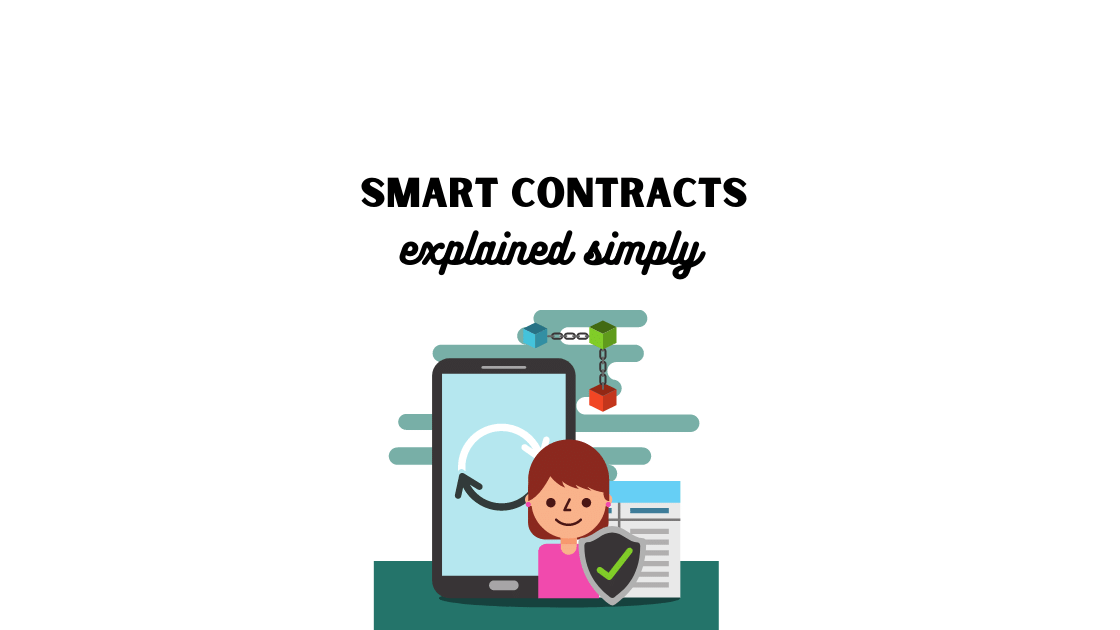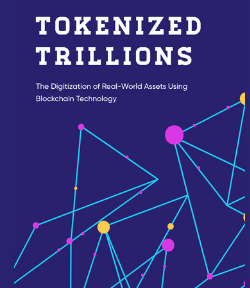
What are Smart Contracts?
A smart contract is a code that exists in a network of blocks. Its function is to define conditions of which when met, a contract is executed by the computers in the network. Smart contracts and Distributed Ledger Technology (DLT) are now considered an innovative way of enhancing operational efficiencies and cutting costs by businesses, merchants and artisans alike. They will soon transform how deals or transactions are executed and managed in a business lifecycle. Although distinct technologies, Smart Contracts and DLT are often viewed with similar lenses. The technologies are complementary and sometimes symbiotically linked. The rise of DLT has facilitated a platform on which smart contracts can be hosted and executed bringing smart contract concepts into the limelight.
Understanding Smart Contracts
Smart contracts were first conceived by Nick Szabo nearly two decades ago. In fact, some financial companies have already implemented what are effectively smart contracts but without actually making use of the term Smart Contract as it is now commonly known. To understand Smart Contracts, just imagine the same way mobile phones are more effective than conventional landline phones, smart contracts can also be seen as more efficient than conventional paper contracts. Smart Contracts can automate many different kinds of processes and operations, including payment and actions conditional on payment.
Some of the important things to note about this breakthrough technology are:
- Depending on the model of smart contract deployed, a promise made in this type of contract can either be contractual or non-contractual;
- Smart contracts operate electronically and are comprised of lines of code and the software which prescribes its conditions and outcomes;
- Functional outcomes and contractual clauses are embedded as code within software;
- Once initiated, the outcomes for which a smart contract is encoded to perform cannot typically be stopped unless an outcome depends on a condition that has not been met.
Essentially, a smart contract is an automatable and enforceable agreement. It is therefore automatable by computer, even if some parts of the contract may require human input and oversight. A smart contract is also enforceable either by legal enforcement of rights and obligations or through the immutable execution of computer code. This ensures all parties are guaranteed the desired outcome. These smart contracts can be applied to blockchains such as Ethereum which currently dominates in terms of adoption rates of this revolutionary technology.
How Smart Contracts Work
To illustrate how a smart contract works, let us say party A has to deliver a particular item to Party B. Even though Party B trusts A, they don’t trust Third-Party C, who is assigned to deliver the item. Therefore, Party B will enter into an agreement with Party A to pay for the item upon delivery. However, Party A would also like to be assured that they will receive payment from Party B once the item is delivered which presents a problem that results in the need of an external party to ensure conditions agreed on are met and the transaction is flawless.
This is where Smart Contracts come into play since instead of Party B sending the payment to Party A, Party B simply has to pay for the item to a Smart Contract on the day Party A sends the item. The Smart Contract will then hold the amount and acts as an escrow until Party B confirms delivery of the item. After delivery and confirmation, the sum paid by Party B will then be immediately released to Party A.
Breaking down the process
Smart Contract can self-verify the conditions that are placed inside of a contract by making use of the data in the contract. When using this technique, payments are released once the contract is finished. Each contract will run on a node in the network in order to control the participants in the contract to guarantee the contract is executed as written. This means that the creators of the contract do not have to worry about proper enforcement or whether the contract will be executed or not.
The process is simple and straightforward:
- Firstly, the Smart Contract is written into the Blockchain as a code.
- The parties involved remain anonymous in the public ledger; however the contact and transaction are recorded.
- A triggering event such as a due date, expiration date, strike price or other conditions is set so that the contract is automatically executed according to the terms written in the code.
- Because the data in the code is visible on the public ledger, regulators are able to monitor activity in the market while the individual parties involved can still protect their privacy.
With self-verifying contracts, there is continuous recording of data in real-time and instant feedback. Smart Contracts can automate much of the smaller processes typically associated with a legally binding contract. Ultimately, Smart Contracts give people a level of autonomy, security, speed and ease of use, cost-savings, immutability, accuracy, reliability, and trust that no other third-party can offer.
Potential use cases of Smart Contracts
Smart contracts are flexible because they do not simply set the conditions but can also execute the terms of the contracts. The developments around smart contracts are still relatively new with less sophisticated contracts now being executed however, significant uptake of this new technology is set to proliferate the business landscape within a few years, making it also possible to execute highly complex contracts.
Some of the potential use cases for smart contracts include:
- Digital identity and Financial Data Recording;
- Trade Finance, Derivatives and Securities;
- Mortgages and Land Title Recording;
- Supply Chain;
- Auto Insurance;
- Clinical Trials, etc.
Benefits of Using Smart Contracts
One of the most impressive features of the Blockchain is that the data it holds is not stored in a centralized location and since the information is dispersed worldwide, it eliminates the need for trusted third parties when transacting which means lower fees and faster transaction times for the parties involved. With smart contracts not only money can be traded but shares in stocks, property, intellectual property rights, just to name a few. Currently, most people need the aid of a lawyer, notary, or other professional to make an exchange of goods or services. These third parties typically prepare the documents needed to effect the transaction. But with Smart Contracts, parties can simply make a transfer independent of a third-party. Smart Contracts lay out the rules and the penalties associated with a particular agreement and automatically enforce the obligations attached to it.
Smart contracts are part of a decentralized application (DApp) which means that there can be multiple contracts on specific applications. For instance, when specific conditions to a smart contract are met, the program updates the database. Smart Contracts are ideal for the interaction of real work assets as smart property and financial service instruments. Smart contracts do not rely on artificial intelligence but rather on the architecture that is put in place by the developers of a contract. Smart contracts involve objectively verifiable performances, or performances that can be automated such as cash flows. They can reduce the costs of calculating sophisticated outcomes, which enables this revolutionary development. Currently smart contracts do not offer any legal protection to the persons who write them but it is probable that legislation will in the future reflect the legal precedents being established for these new types of digital contracts.






